Martial Peak Reviews
Liana Valerian's The River of Fire is a captivating exploration of the supernatural, blending elements of fantasy, romance, and existential inquiry. The novel's premise is both intriguing and original: a world where Hell is overpopulated, forcing angels and demons into an uneasy alliance to manage the overflow of evil souls. This setup provides a fertile ground for Valerian to delve into themes of morality, identity, and the eternal struggle between good and evil.
The protagonist, Lana, is an introverted young woman whose life is upended when she is abducted to the Underworld. Valerian crafts Lana as a relatable and multi-dimensional character, whose journey from a mundane existence to a realm of chaos and danger is both compelling and emotionally resonant. Lana's character development is one of the novel's strengths, as she evolves from a passive participant in her own life to a formidable force capable of standing up to the archdemon Ashtaroth.
Ashtaroth, the ancient and enigmatic archdemon, is another standout character. Valerian skillfully balances his menacing presence with a complexity that makes him more than just a villain. His interactions with Lana are charged with tension and chemistry, creating a dynamic that is as unpredictable as it is engaging. The author does not shy away from exploring the darker aspects of Ashtaroth's nature, yet she also imbues him with a depth that invites readers to question their own perceptions of good and evil.
The relationship between Lana and Ashtaroth is central to the narrative, and Valerian handles it with a deft touch. The tension between Lana's principles and the allure of Ashtaroth's power is palpable, and their evolving partnership is both a source of conflict and a catalyst for growth. This interplay raises questions about the nature of desire and the possibility of redemption, adding layers of complexity to the story.
Valerian's world-building is another highlight of The River of Fire. The Underworld is vividly depicted, with its own rules, hierarchies, and dangers. The author paints a rich tapestry of Hell's landscapes and inhabitants, making the setting a character in its own right. This attention to detail enhances the immersive quality of the novel, drawing readers into a world that is both fantastical and eerily familiar.
Thematically, the novel explores the idea of duality and the coexistence of opposing forces. The alliance between angels and demons, the half-mortal offspring, and the internal struggles of the characters all reflect this motif. Valerian invites readers to consider the shades of gray that exist within the traditional dichotomies of good and evil, challenging them to rethink their assumptions about morality and identity.
In terms of pacing, The River of Fire maintains a steady momentum, with a balance of action, introspection, and character development. Valerian's prose is both lyrical and precise, capturing the emotional nuances of the characters' journeys while driving the plot forward. The dialogue is sharp and often laced with wit, adding an additional layer of enjoyment to the reading experience.
Comparatively, The River of Fire shares thematic similarities with works like Neil Gaiman's Good Omens and Anne Rice's The Vampire Chronicles, where the supernatural is used as a lens to explore human nature. However, Valerian's novel stands out for its unique premise and the depth of its character exploration. The blend of romance and fantasy, coupled with the existential questions it raises, makes it a compelling read for fans of both genres.
Overall, The River of Fire is a thought-provoking and emotionally engaging novel that offers a fresh take on the supernatural genre. Liana Valerian has crafted a story that is as entertaining as it is insightful, with characters that linger in the mind long after the final page is turned. Whether you're drawn to tales of angels and demons, or simply enjoy a well-told story of love and self-discovery, this book is sure to captivate and inspire.
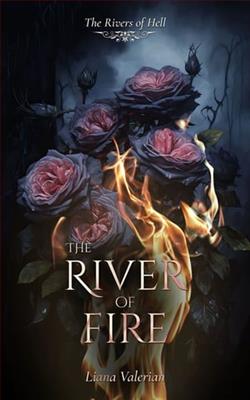



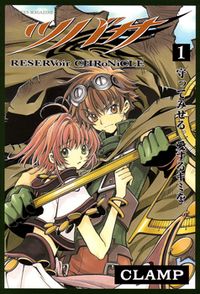


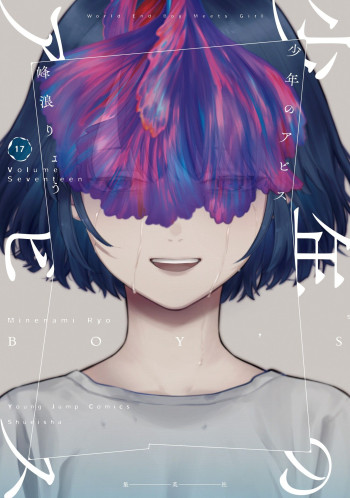


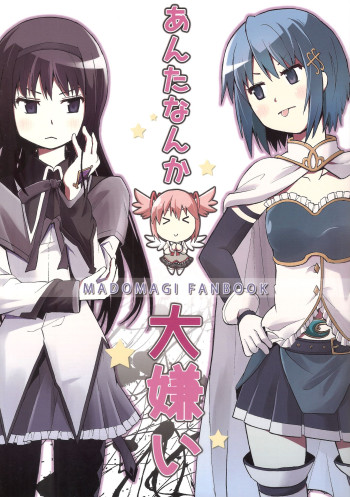

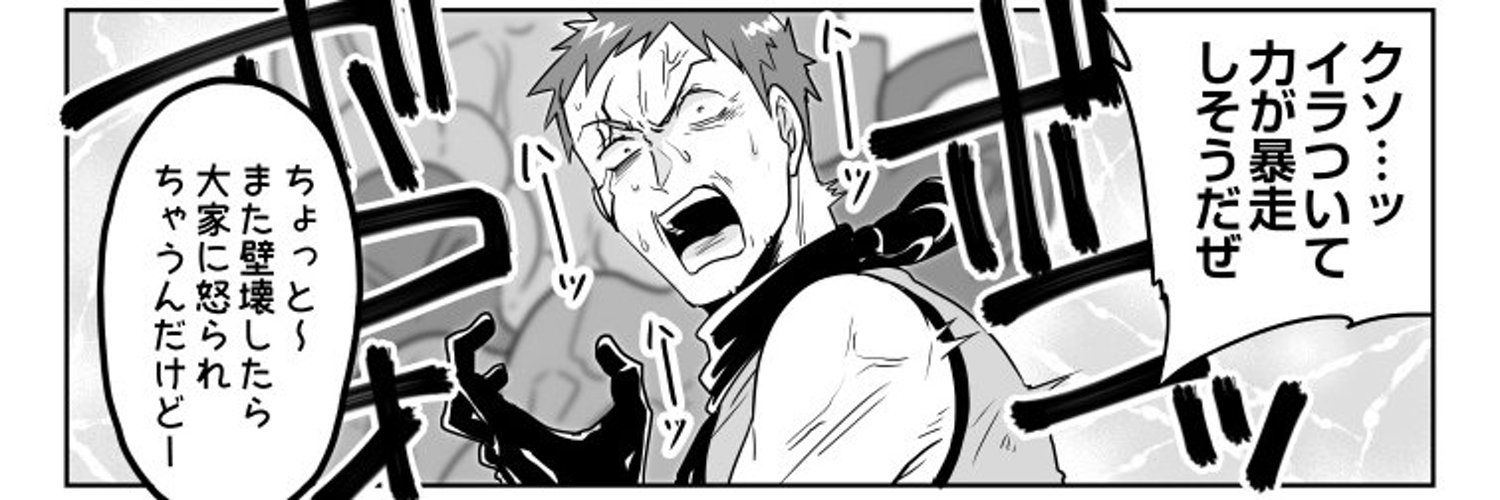











Reviews 0
Post a Reviews: